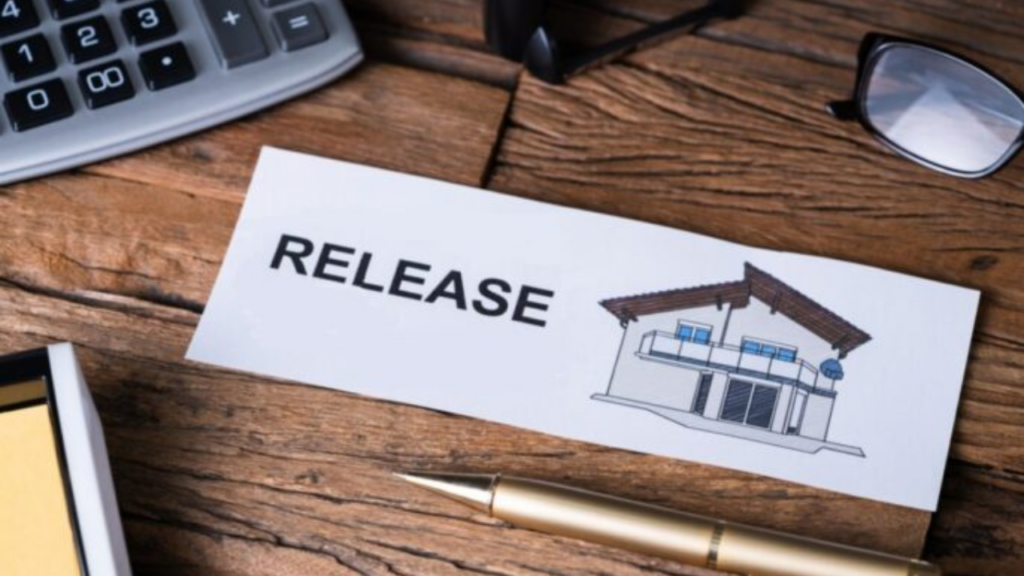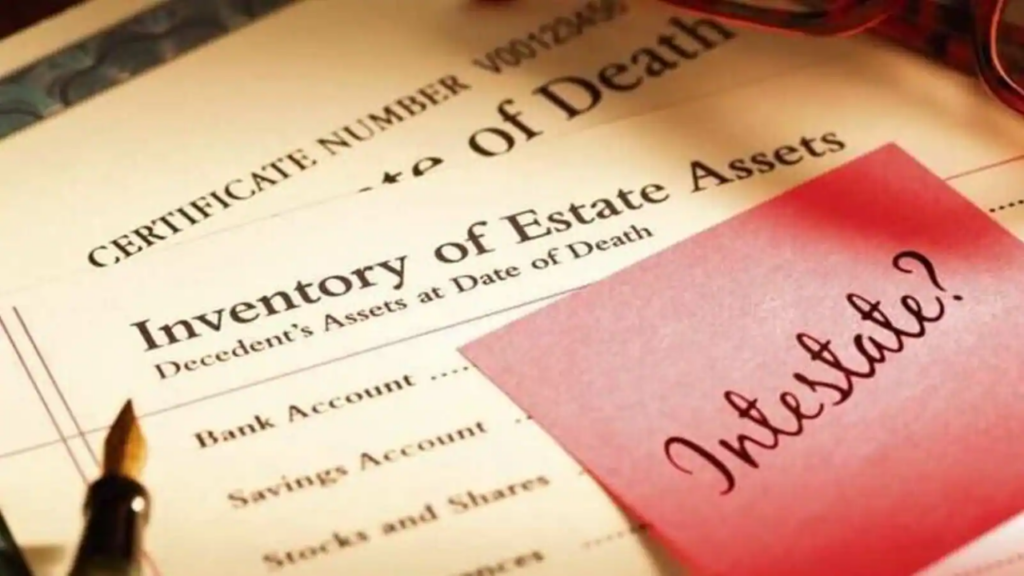Relinquishment Deed Explained: A Simple Guide to Transferring Property Ownership

At ASBL, we understand that navigating the legalities of property ownership can be complex. A relinquishment deed can be a valuable tool when transferring ownership within a co-owned or inherited property. This blog post aims to simplify the process by explaining what a relinquishment deed is and how it works.
- 0.1 Understanding the Relinquishment Deed: How It Works in Real Estate
- 0.2 Relinquishment Deed vs. Other Property Transfer Methods: Key Differences
- 0.3 Relinquishment Deed Stamp Duty: What You Need to Know
- 0.4 Here are some resources to help you find the stamp duty rates for your state:
- 0.5 Legal Requirements for Relinquishment Deeds: Validity and Registration
- 0.6 What Happens After a Relinquishment Deed Is Executed?
- 1 Conclusion
- 2 FAQs
Understanding the Relinquishment Deed: How It Works in Real Estate

A relinquishment deed is a legal document used to voluntarily transfer ownership rights of a property from one co-owner to another. This is common in situations where there are multiple inheritors or joint owners, and one party wishes to relinquish their share. For example, siblings who inherit a property jointly might decide to have one sibling relinquish their share to the other. The relinquishment deed would then formally transfer ownership of that share.
This can be for various reasons, such as:
- Streamlining ownership for easier future transactions
- Resolving inheritance disputes amicably
- Consolidating ownership within a family
The relinquishment deed outlines the specific details of the transfer, including the property description, the relinquishing party’s details, and the recipient of the ownership share. Once signed and registered, the relinquishment deed becomes a permanent record of the transfer.
Relinquishment Deed vs. Other Property Transfer Methods: Key Differences

There are other ways to transfer property ownership, and it’s important to understand the distinction between a relinquishment deed and other options:
- Sale Deed: A sale deed involves a financial transaction where one party purchases the property from another.
- Gift Deed: A gift deed transfers ownership without any monetary consideration. There may be tax implications associated with gifting property.
A relinquishment deed differs from a sale deed in that no money changes hands. It’s distinct from a gift deed because it’s typically used for co-owned or inherited properties.
Relinquishment Deed Stamp Duty: What You Need to Know

Stamp duty is a tax levied by the state government on property transactions. The specific rate for relinquishment deeds can vary depending on the state and the property value. It’s advisable to consult with a lawyer or tax advisor to determine the exact stamp duty applicable in your case.
Here are some resources to help you find the stamp duty rates for your state:
https://www.india.gov.in/india-glance/states-india
Legal Requirements for Relinquishment Deeds: Validity and Registration
For a relinquishment deed to be valid and enforceable, it must meet specific legal requirements:
- Written and Stamped: The deed must be a written document bearing the required stamp duty.
- Registered: The deed must be registered with the sub registrar’s office under whose jurisdiction the property falls.
- Witness Signatures: The deed should be signed by the relinquishing party and witnessed by two independent individuals.
Documents Required for Relinquishment Deed Registration:
- Original relinquishment deed
- Proof of identity of the parties involved
- Property ownership documents
- No Objection Certificate (NOC) from any relevant authorities (if applicable)
While the format for a relinquishment deed can vary, it typically includes the following elements:
- An introduction outlining the parties involved and the property details
- Consideration clause (usually stating “without any consideration”)
- Description of the property share being relinquished
- Relinquishment clause by the party surrendering their rights
- Witness signatures and date of execution
It’s important to note that this is not an exhaustive list and legal advice is recommended to ensure your relinquishment deed adheres to all the necessary formalities.
What Happens After a Relinquishment Deed Is Executed?
Once the relinquishment deed is registered, the ownership share of the relinquishing party is transferred to the recipient. The recipient’s name will then be reflected in the property records. A relinquishment deed is irrevocable, meaning the ownership transfer cannot be reversed unless both parties agree.
We at ASBL recommend consulting with a lawyer experienced in property law to ensure a smooth and legally sound relinquishment deed process. An experienced lawyer can guide you through the legalities, draft the deed accurately, and ensure proper registration.
Conclusion

A relinquishment deed can be a useful tool for streamlining property ownership changes within co-owned or inherited properties. By understanding the process and legal requirements, you can ensure a smooth transfer. Remember, consulting with a lawyer is crucial to navigate the legalities and avoid any complications.
FAQs
Relinquishment deeds can only be used by co-owners or legal heirs of a property to surrender their share of ownership to another co-owner or heir.
In addition to the relinquishment deed itself, you’ll typically need:
1. Proof of identity for all parties involved (e.g., passport, driver’s license)
2. Property ownership documents (e.g., sale deed, inheritance documents)
3. No Objection Certificate (NOC) from relevant authorities (if applicable)
The cost of a relinquishment deed depends on the stamp duty rate set by your state government and the property value. It’s recommended to consult a lawyer or tax advisor for the exact cost.
While it’s possible to find relinquishment deed templates online, it’s highly advisable to consult with a lawyer to ensure the document is legally sound and fulfils all necessary formalities.
If a dispute arises regarding the relinquishment deed, legal recourse might be necessary. Consulting a lawyer can help you navigate the situation and protect your interests.
Tax implications for relinquishment deeds can vary depending on the specific situation. It’s best to consult with a tax advisor to understand any potential tax liabilities.













